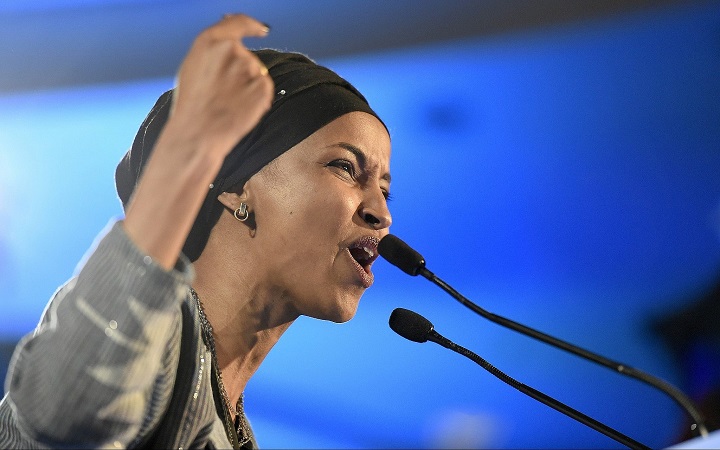New York: This week provided a preview of how the Democratic Party could blow its chance to make Donald Trump a one-term president.
When Democrats took control of the US House of Representatives last November, they had a plan: hold Trump accountable through investigations while passing legislation that helps working and middle class Americans.
This would help set them up, they reckoned, for victory in the 2020 election.
Not on the to-do list: being consumed for weeks by an internecine debate about anti-Semitism that allows Republicans to paint them as radical and divided.
It started in February when Ilhan Omar, the first Somali-American elected to Congress, sent a tweet suggesting that spending by pro-Israel lobby groups explain why there is such strong support for Israel among US politicians.
Omar apologised when senior Democrats – some of whom are Jewish – said she was playing into an old anti-Semitic trope of Jews using money to manipulate political outcomes.
Then at a bookstore event, Omar said she wanted “to talk about the political influence in this country that says it is OK for people to push for allegiance to a foreign country”.
Several Democratic colleagues again hit out, saying Omar had perpetuated the stereotype that Jewish people have “dual loyalty”.
It could have ended there. But instead Democrats, led by Speaker Nancy Pelosi, proposed a congressional resolution rejecting anti-Semitism.
It didn’t name Omar but it was clear who was being rebuked.

The backlash to Omar’s comments then created its own backlash. Members of the black and progressive caucuses asked why a Muslim woman was being singled out for criticism.
Read the article by Matthew Knott in the Sydney Morning Herald.

